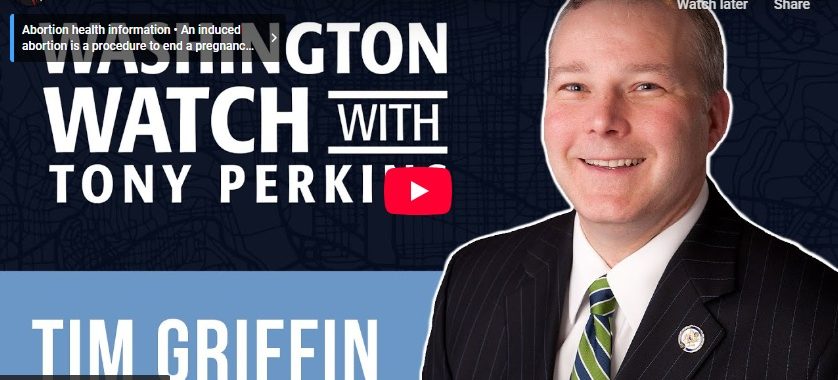President Trump Signs Executive Order to Target Debanking

On August 7, President Trump signed an executive order “guaranteeing fair banking for all Americans.”
Since 2021, news outlets and congressional testimony have highlighted how federal officials and financial institutions targeted conservative organizations through “reputational risk” policies. Conservatives deemed “high risk” could have their bank accounts closed without warning and without explanation.
President Trump’s new executive order directs federal banking regulators to “remove the use of reputation risk or equivalent concepts that could result in politicized or unlawful debanking.”
The order says,
Financial institutions have engaged in unacceptable practices to restrict law-abiding individuals’ and businesses’ access to financial services on the basis of political or religious beliefs or lawful business activities. Some financial institutions participated in Government-directed surveillance programs targeting persons participating in activities and causes commonly associated with conservatism and the political right following the events that occurred at or near the United States Capitol on January 6, 2021.
In a separate statement, the White House said,
President Trump believes that no American should be denied access to financial services because of their political or religious beliefs, and that banking decisions must solely be made on the basis of individualized, objective, and risk-based analyses.
We have written repeatedly about allegations that major financial institutions deliberately targeted conservative individuals and organizations.
In 2021 Family Council’s credit card processor terminated our account after designating our organization as “high risk.”
At 10:29 AM on Wednesday, July 7, 2021, our office received a terse email from our credit card processor — a company owned by JPMorgan Chase — saying, “Unfortunately, we can no longer support your business. We wish you all the luck in the future, and hope that you find a processor that better fits your payment processing needs.”
Within sixty seconds, our account was terminated and Family Council could no longer accept donations online.
We later learned our processor had flagged us as “high risk,” but we were unable to get an explanation from the company. All we could do was speculate that our conservative principles and our public policy work might have had something to do with the decision to close our account.
Unfortunately, this was not an isolated incident. Other organizations have had similar experiences as well. In fact, corporate shareholders, state attorneys general, congressmen, and other organizations all have expressed concerns over conservatives being wrongly labeled as “high risk” or “hate groups” and subsequently debanked.
Since then, JPMorgan Chase has taken steps to prevent religiously-motivated debanking. That’s good, but our state and federal government need to make sure this sort of thing never happens to anyone again.
We deeply appreciate the Trump Administration leading the way in getting rid of “reputation risk” policies that have been used to debank conservatives. After all, banks that are too big to fail are too big to discriminate.
Articles appearing on this website are written with the aid of Family Council’s researchers and writers.



